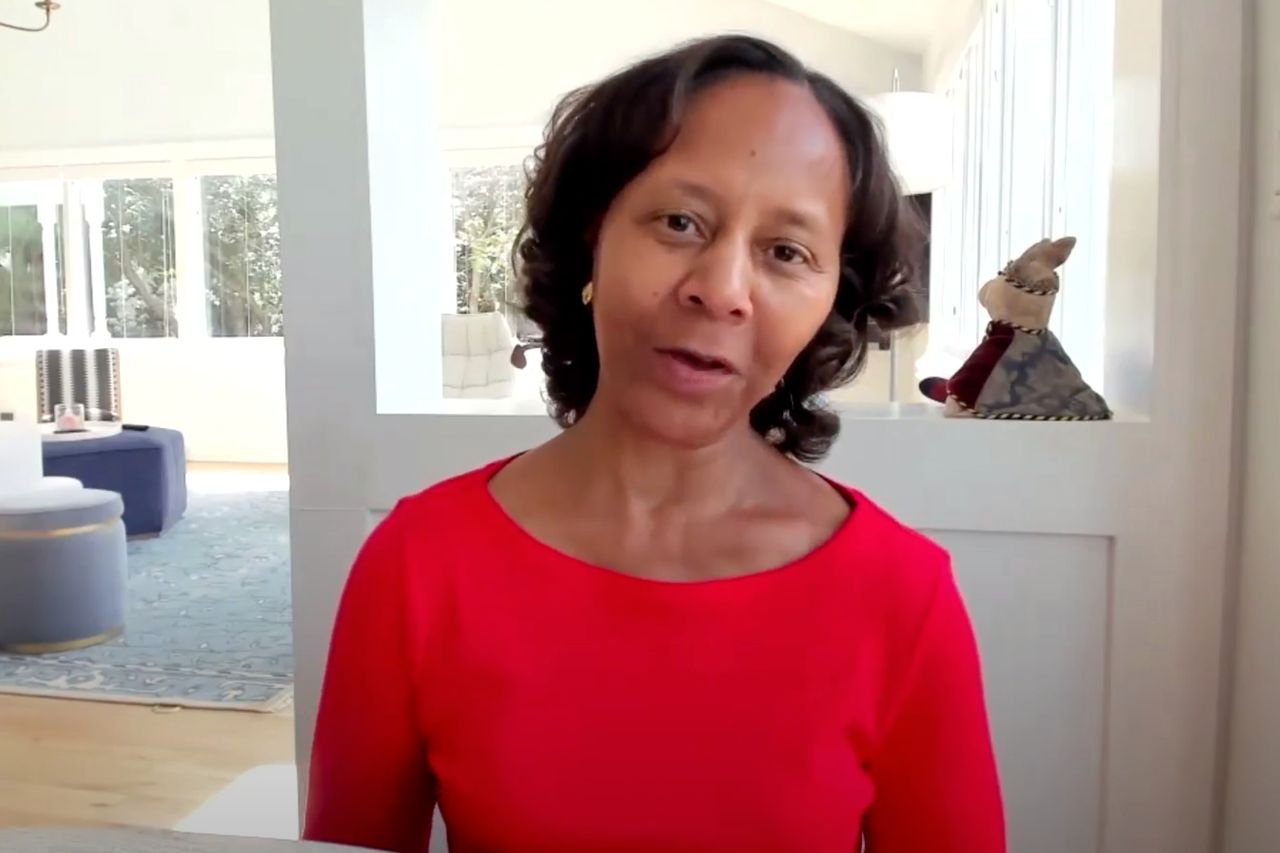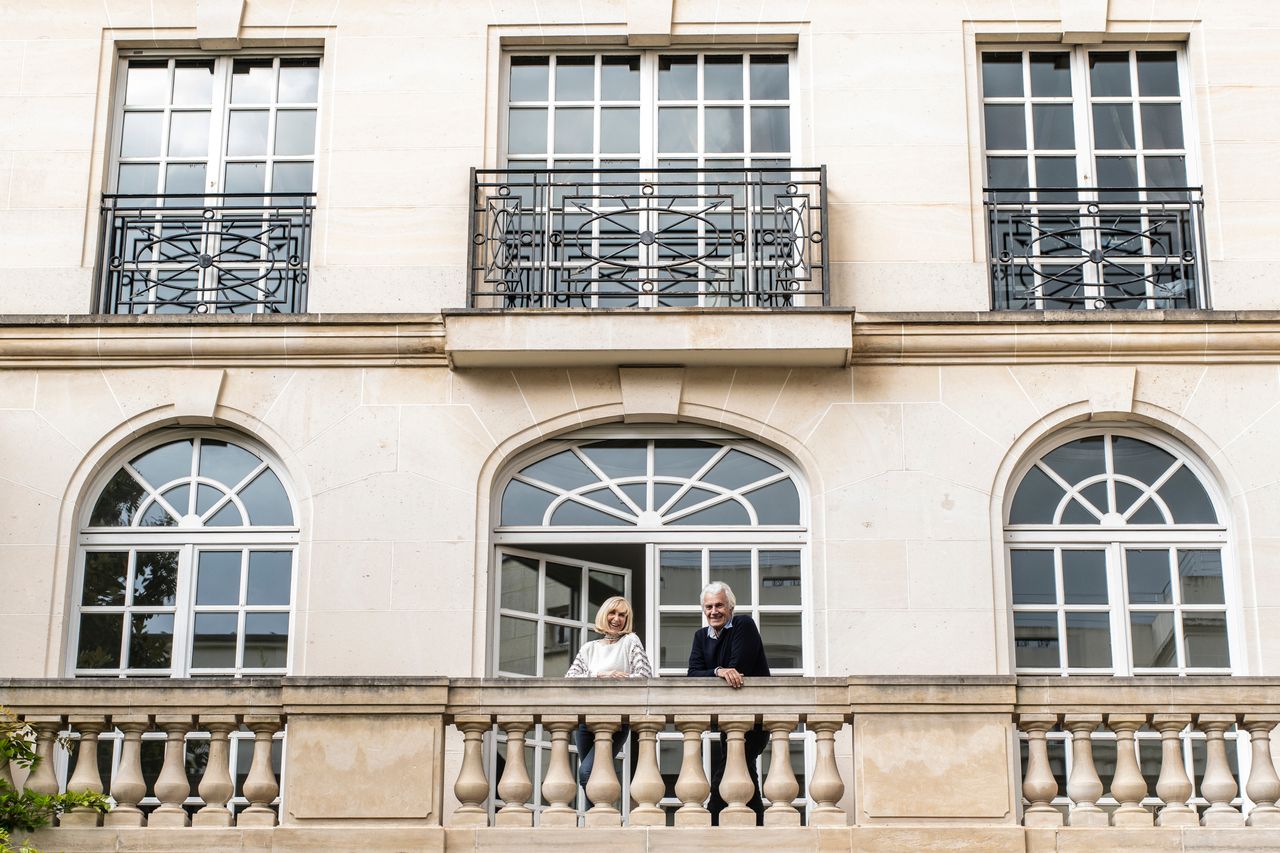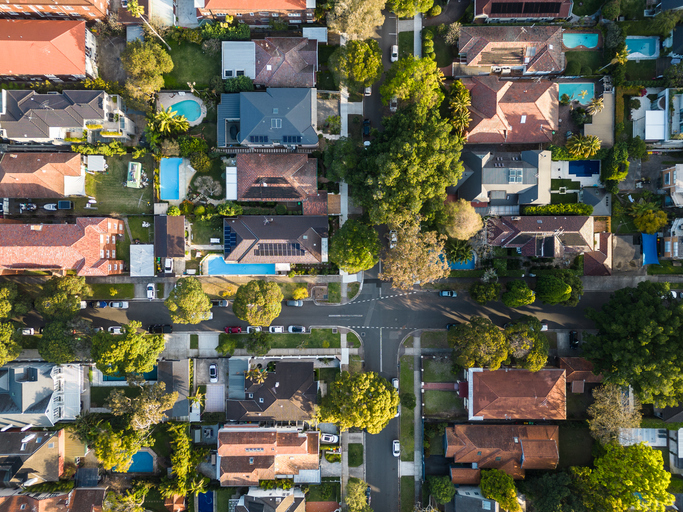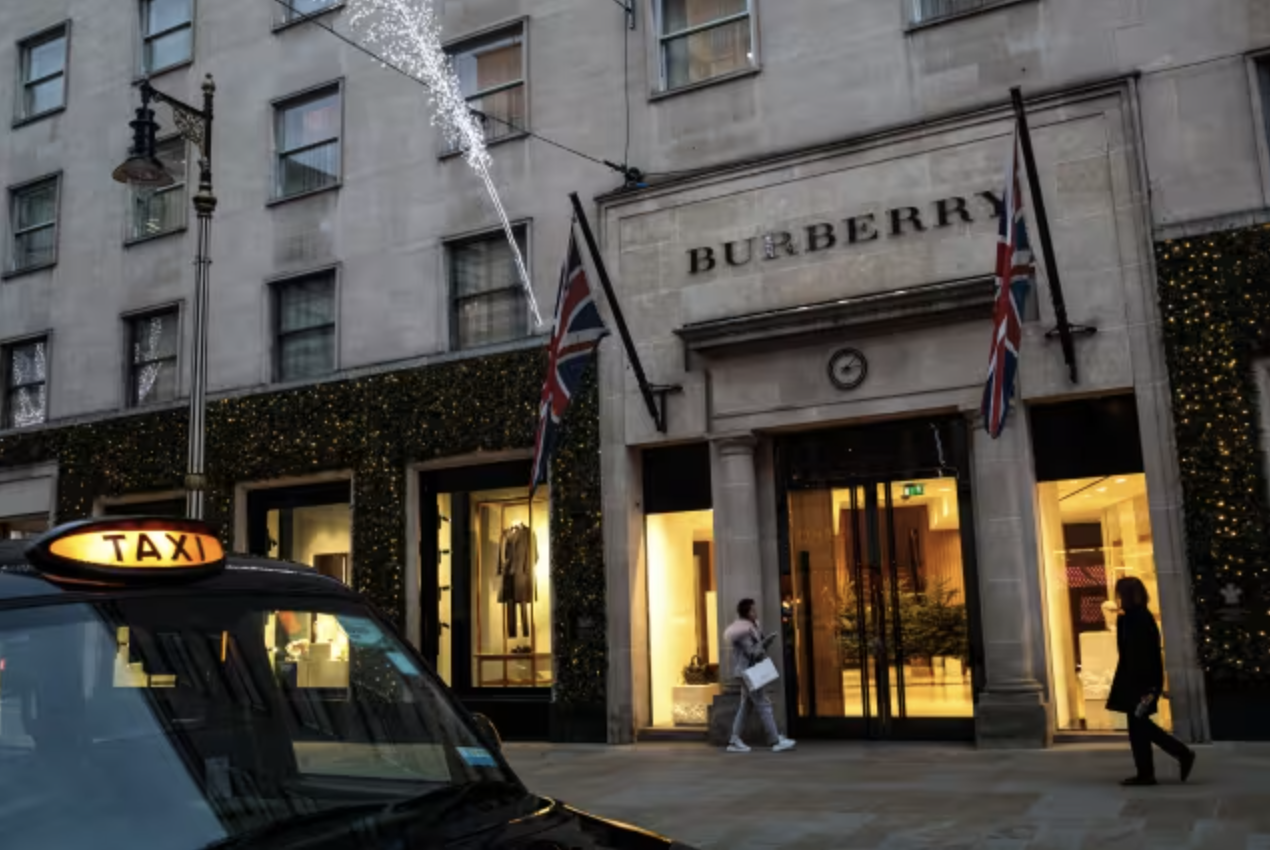Google Plans To Double AI Ethics Research Staff
CEO will boost operating budget of team tasked with evaluating code and product to avert discrimination.
Alphabet Inc.’s Google plans to double the size of its team studying artificial-intelligence ethics in the coming years, as the company looks to strengthen a group that has had its credibility challenged by research controversies and personnel defections.
Vice President of Engineering Marian Croak said at The Wall Street Journal’s Future of Everything Festival that the hires will increase the size of the responsible AI team that she leads to 200 researchers. Additionally, she said that Alphabet Chief Executive Sundar Pichai has committed to boost the operating budget of a team tasked with evaluating code and product to avert harm, discrimination and other problems with AI.
“Being responsible in the way that you develop and deploy AI technology is fundamental to the good of the business,” Ms. Croak said. “It severely damages the brand if things aren’t done in an ethical way.”
Google announced in February that Ms. Croak would lead the AI ethics group after it fired the division’s co-head, Margaret Mitchell, for allegedly sharing internal documents with people outside the company. Ms. Mitchell’s exit followed criticism of Google’s suppression of research last year by a prominent member of the team, Timnit Gebru, who says she was fired because of studies critical of the company’s approach to AI. Mr. Pichai pledged an investigation into the circumstances around Ms. Gebru’s departure and said he would seek to restore trust.
In addition to straining the existing team, those personnel changes have frayed Google’s relationship with external groups focused on AI such as Black in AI and Queer in AI, which released a joint statement Monday criticizing Google for setting a “dangerous precedent for what type of research, advocacy, and retaliation is permissible in our community.” The statement was earlier covered by Wired.
Ms. Croak called those exits a tragedy and said she agreed to fill the position because she thought she could help provide some stability in what has been a distressing time. A Princeton University graduate, she has a doctorate in social psychology and quantitative analysis and said she plans to bring her user-focused approach to engineering and concern about societal issues to the role.
“I thought, maybe, I could make a difference and carry on the work and have a larger impact,” Ms. Croak said.
Health will be one area of focus for the group, she said. The AI team recently assisted in the development of an algorithm that can detect abnormal heart rhythms by scanning fingertips on an Android phone. During its development, she said the ethics team helped determine that darker-skinned people had more variabilities and errors in testings, which had to be addressed before the product’s release.
Ms. Croak is one of very few senior Black executives at Google, where Black women account for 1.2% of the workforce. She has served as chair of Google’s Black Leadership Advisory Group and has been active in calling for Silicon Valley companies to improve their diversity.
“They’re disappointing numbers and I think that’s true for so many companies in Silicon Valley,” Ms. Croak said of the percentage of Black employees in Google’s workforce. “Fortunately, in the last year or so, we’ve made a more concerted effort in attracting Black talent, but those numbers are pretty dismal.”
She said that Google has been more proactive in providing mentorship to young Black staffers and said that it would take changing the culture across Silicon Valley to improve opportunities for people of color in tech.
“Sometimes I think it’s the mind-set where you’re very competitive and individualistic in your pursuits in the workplace and that sometimes can foster, not racism, but at least exclusion,” Ms. Croak said.
Reprinted by permission of The Wall Street Journal, Copyright 2021 Dow Jones & Company. Inc. All Rights Reserved Worldwide. Original date of publication: May 11, 2021.
 Copyright 2020, Dow Jones & Company, Inc. All Rights Reserved Worldwide. LEARN MORE
Copyright 2020, Dow Jones & Company, Inc. All Rights Reserved Worldwide. LEARN MORE
This stylish family home combines a classic palette and finishes with a flexible floorplan
Just 55 minutes from Sydney, make this your creative getaway located in the majestic Hawkesbury region.
Continued stagflation and cost of living pressures are causing couples to think twice about starting a family, new data has revealed, with long term impacts expected
Australia is in the midst of a ‘baby recession’ with preliminary estimates showing the number of births in 2023 fell by more than four percent to the lowest level since 2006, according to KPMG. The consultancy firm says this reflects the impact of cost-of-living pressures on the feasibility of younger Australians starting a family.
KPMG estimates that 289,100 babies were born in 2023. This compares to 300,684 babies in 2022 and 309,996 in 2021, according to the Australian Bureau of Statistics (ABS). KPMG urban economist Terry Rawnsley said weak economic growth often leads to a reduced number of births. In 2023, ABS data shows gross domestic product (GDP) fell to 1.5 percent. Despite the population growing by 2.5 percent in 2023, GDP on a per capita basis went into negative territory, down one percent over the 12 months.
“Birth rates provide insight into long-term population growth as well as the current confidence of Australian families,” said Mr Rawnsley. “We haven’t seen such a sharp drop in births in Australia since the period of economic stagflation in the 1970s, which coincided with the initial widespread adoption of the contraceptive pill.”
Mr Rawnsley said many Australian couples delayed starting a family while the pandemic played out in 2020. The number of births fell from 305,832 in 2019 to 294,369 in 2020. Then in 2021, strong employment and vast amounts of stimulus money, along with high household savings due to lockdowns, gave couples better financial means to have a baby. This led to a rebound in births.
However, the re-opening of the global economy in 2022 led to soaring inflation. By the start of 2023, the Australian consumer price index (CPI) had risen to its highest level since 1990 at 7.8 percent per annum. By that stage, the Reserve Bank had already commenced an aggressive rate-hiking strategy to fight inflation and had raised the cash rate every month between May and December 2022.
Five more rate hikes during 2023 put further pressure on couples with mortgages and put the brakes on family formation. “This combination of the pandemic and rapid economic changes explains the spike and subsequent sharp decline in birth rates we have observed over the past four years,” Mr Rawnsley said.
The impact of high costs of living on couples’ decision to have a baby is highlighted in births data for the capital cities. KPMG estimates there were 60,860 births in Sydney in 2023, down 8.6 percent from 2019. There were 56,270 births in Melbourne, down 7.3 percent. In Perth, there were 25,020 births, down 6 percent, while in Brisbane there were 30,250 births, down 4.3 percent. Canberra was the only capital city where there was no fall in the number of births in 2023 compared to 2019.
“CPI growth in Canberra has been slightly subdued compared to that in other major cities, and the economic outlook has remained strong,” Mr Rawnsley said. “This means families have not been hurting as much as those in other capital cities, and in turn, we’ve seen a stabilisation of births in the ACT.”
This stylish family home combines a classic palette and finishes with a flexible floorplan
Just 55 minutes from Sydney, make this your creative getaway located in the majestic Hawkesbury region.






















